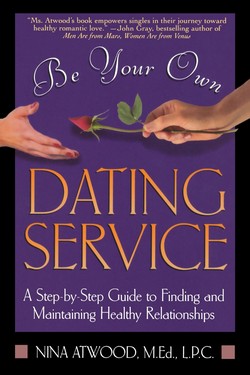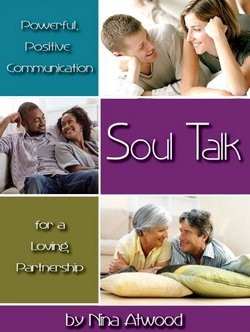Why Hooking Up Doesn’t Work
By Nina Atwood
Years ago, we called it “dating” or “relationship,” even if it was short in duration. If it involved sex, and it was longer than a one night stand, we tried to characterize it as a relationship. Now, it’s called “hooking up,” meaning that you’re having sex (oral or intercourse) but there’s not necessarily any love or commitment. Educators claim that hookups are starting as early as late elementary school and that it’s rampant by college age.
So-called feminist writers argue that it is liberating for young women to express their sexuality freely without feeling the public shame of being called names [that refer to a lack of sexual morality]. In the argument for feminism, we are told that any criticism of this behavior is a throwback to the days of back alley abortions and girls going away to “homes” to have their out-of-wedlock babies [then given up for adoption]; or, young women being shunned in society for their amoral behavior. Now, thankfully, there are voices on the other side of that argument that say maybe it’s not such a good thing for young women.
Morality is a very personal set of choices, especially around the issue of sexuality. But let’s look beyond that at the psychology and physiology of hooking up. The reality is that hooking up is a false front for the search for relationship. Yes, hormones are raging in your teens and twenties, but raging hormones are just that and nothing more. What you DO with your body is a set of choices, and why would you choose something that leaves you ultimately dissatisfied and unfulfilled?
We aren’t wired as human beings to have sex without bonding. People who persist in multiple sexual relationships with the goal of avoiding a bond often find that later in life there are consequences – in emotional walls that they have forgotten how to let down so that when they finally WANT a great relationship, they are unable to forge one. How does that happen?
The way our brains work is that there is a physiological loop between thought, emotion, and behavior. What we think stimulates emotions. Emotions stimulate behaviors. And behaviors stimulate more thoughts and emotions. Literally, we wire our brains through our behaviors. So, if you hook up (based on the thought that it’s fun to have casual sex), then deny your emotions (feeling a bond beginning to form with the person), the feedback loop to your brain says “bonding is bad; don’t bond; don’t fall in love; don’t FEEL.” Feelings are the basis of bonding, and you can’t afford to have them when you’re having casual sex. Frequent casual sex thus wires the brain for less ability to bond emotionally.
But most people can’t avoid feelings. Therefore, hook ups that go beyond one encounter often stimulate feelings of attachment and longing. No one really wants to feel like a piece of meat – that your only value to another person is to satisfy their sexual urgings. So, you begin to develop expectations that cannot be met. At the end of the hook up, most people feel (if they let themselves acknowledge it) a sense of emptiness, loneliness, and dissatisfaction.
Is your emotional life over because you engaged in a couple of hook ups during college? No, but don’t make it a habit. Don’t fool yourself that it’s okay to perpetuate this behavior. The price tag is simply too high.
Entry Filed under: Dating





